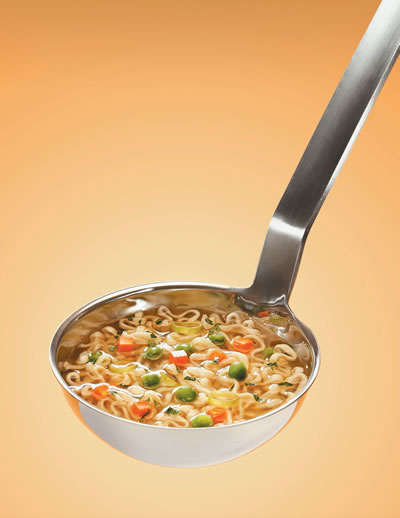
It was in November 2020 that I first met Mike (not his real name). I was going to my office after home visitation in the urban areas of the Malate parish (Philippines) to interview candidates for the parish Soup Kitchen (aka. Feeding Program). While waiting for the walk sign to cross at the traffic lights he caught my attention, and as soon as I saw him the staff and I naturally approached him. It is a road that I take several times a day but strangely this was the first time he caught my attention. He was sitting in a small space at the corner of the condominium building where he stays and sleeps. His appearance reflected his tough life in its entirety: a thin face, skinny body, rough hands, and feet with several traces of wounds that had been infected.
Mike was born on Samar Island (East-central Philippines), and when his parents passed away he came to Manilla with his brother to make a living. At that time, he was only 15 years old, and the door to employment sadly did not open for him because he didn’t finish his education. While he went from place to place, he came to Malate. He lived and survived on begging from the tourists.
When the tourists stopped visiting in the aftermath of the coronavirus pandemic, Mike made a living by collecting and selling wastepaper and junk. He had beside him a stroller containing wastepaper on that day I saw him. He sometimes receives some products with imminent expiration dates from nearby stores, and he eats it. Anyone can tell that Mike is in need, and he has become a beneficiary of the feeding program. It was a day to thank God for His providence in my recognizing Mike in that short moment of waiting at the crosswalk.
The soup kitchen is one of the long-lasting social service development ministry programs of the Malate parish. With the outbreak of coronavirus and the enhanced community quarantine implemented by the government, we had no choice but to stop the program. However, when the regulations were slightly eased a few months later, the first program that the parish resumed was this soup kitchen.
During the pandemic many changes have happened—not just in the soup kitchen program, but also in our lives. The biggest changes were the increase in the numbers of beneficiaries. Many people from the urban poor areas suffered hunger and poverty in the midst of the pandemic. They lost their means of livelihood and their jobs. As a result, it was not easy for them to have meals each day. We are hoping to help them save their lives and begin to provide meals to more people.
Whenever I gave a lunch box to him, he always makes eye contact and expresses his gratitude: “Thank you for allowing me to eat one proper meal a day.”
We serve 100 people every day for lunch, from Monday to Sunday. Our beneficiaries are the vulnerable from the urban poor areas: the elderly, the children, the sick, and the street dwellers like Mike. The food we provide for them is not much, it is not a special dish, but for some beneficiaries that I know, this food can be the first and the last meal of the day. I am paying more attention to food: organizing a different menu every day so that they can taste a variety of food, buying fresh ingredients and taking care in my cooking as well. I pray while preparing the food so those who eat this food can be comforted for a while with a warm meal during this trying time and not get sick and stay healthy.
Mike comes to the center for lunch every day. I was expecting that he would gain weight and improve his health through the feeding program. There is, however, no such dramatic change. My thought of expecting this through just one meal may have been ambitious. More than a year later, he is still underweight and is often sick. Whenever I gave a lunch box to him, he always makes eye contact and expresses his gratitude: “Thank you for allowing me to eat one proper meal a day.” It hurts to see his bloodshot eyes due to his tiredness, but his sincerity is conveyed through his eyes.
It is the same for others, they always say “thank you” when they receive the food. At first, I felt kind of shy to receive a thank you greeting because I just do what I have to do. However, I realized that their “thank you” includes gratitude to volunteers, staff and benefactors who sponsor the feeding program so that it is able to continue, I answer to them “thank you, too,” “take care” or “enjoy your meal.”
The beneficiaries of the program who know how to appreciate even the small things and express gratitude from their hears are mirrors that reflect life for me and good teachers who prevent me from becoming numb to my daily life. I am heading to the kitchen again to prepare for lunch today for our beneficiaries, hoping that a meal will fill not only their physical hunger but also their spiritual hunger.
Columban lay missionary Kim Sunhee Sunny lives and works in the Philippines.